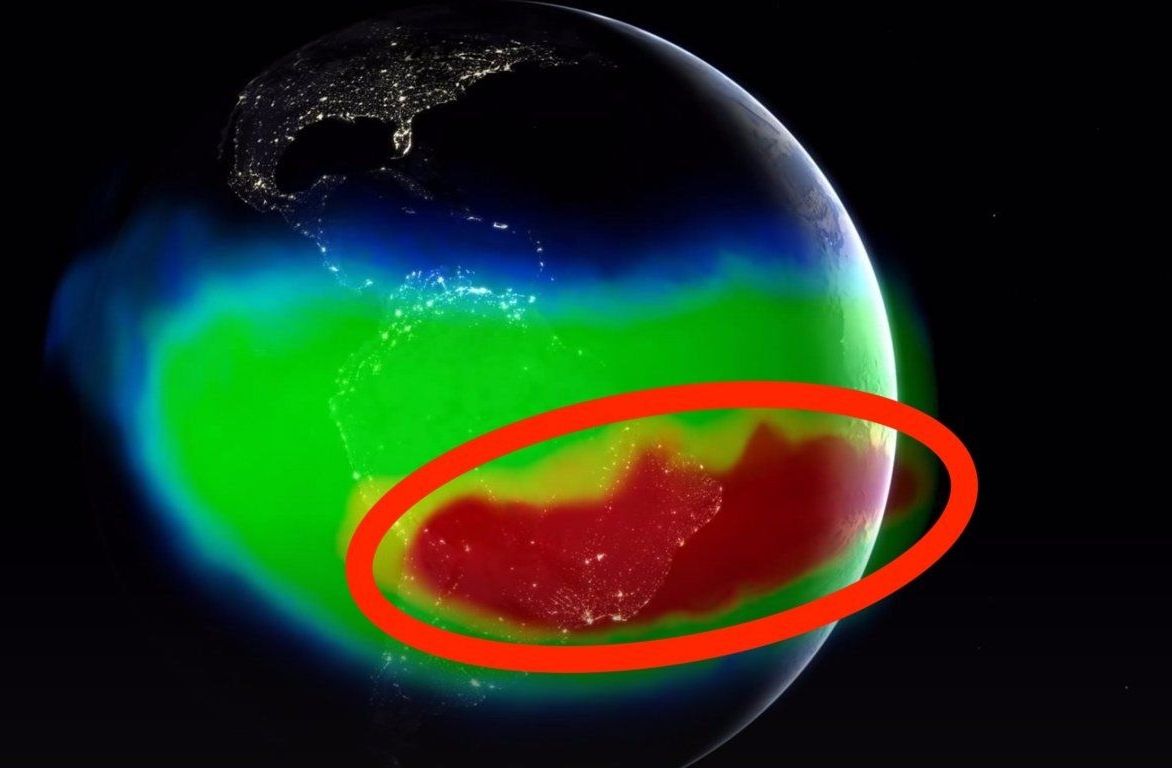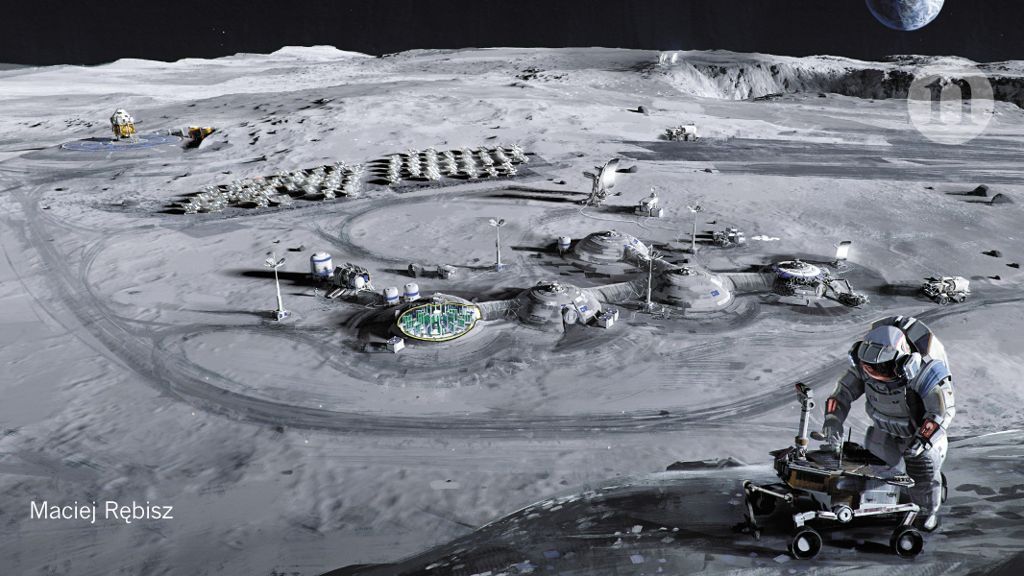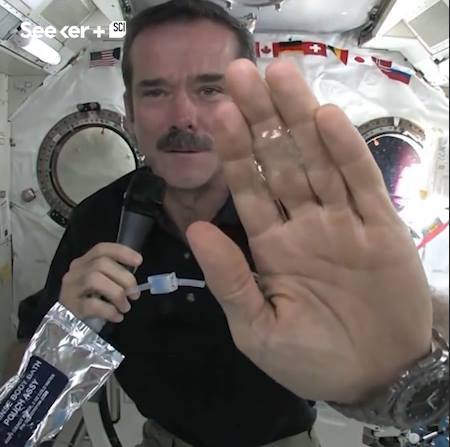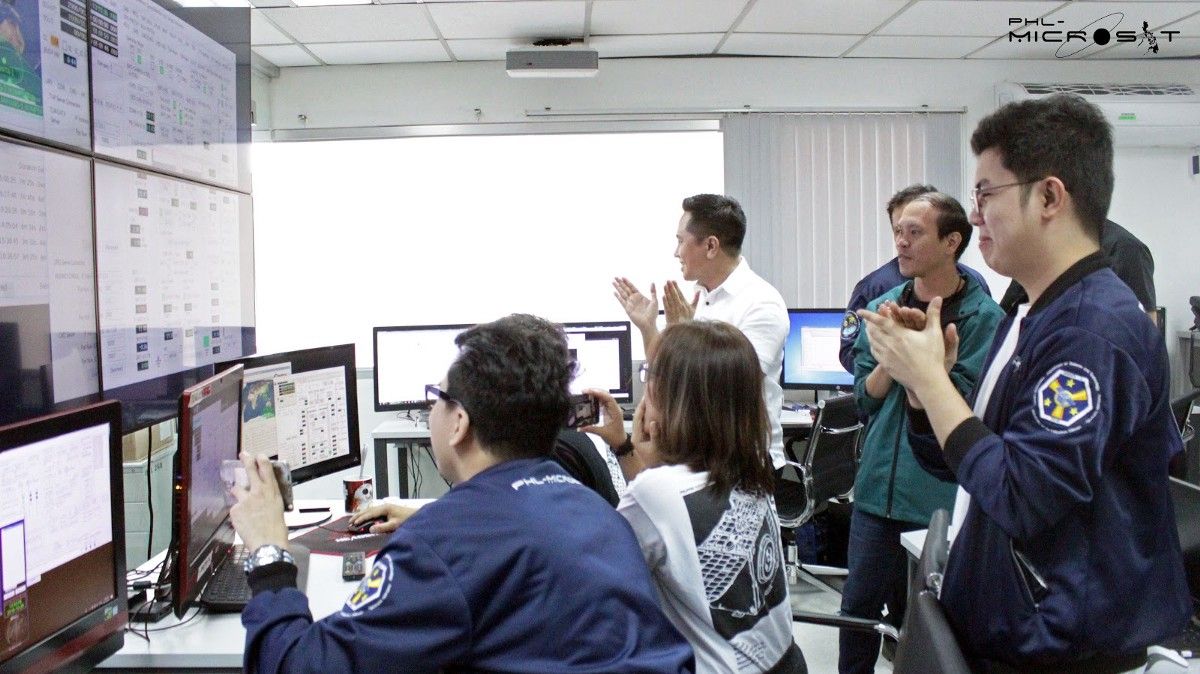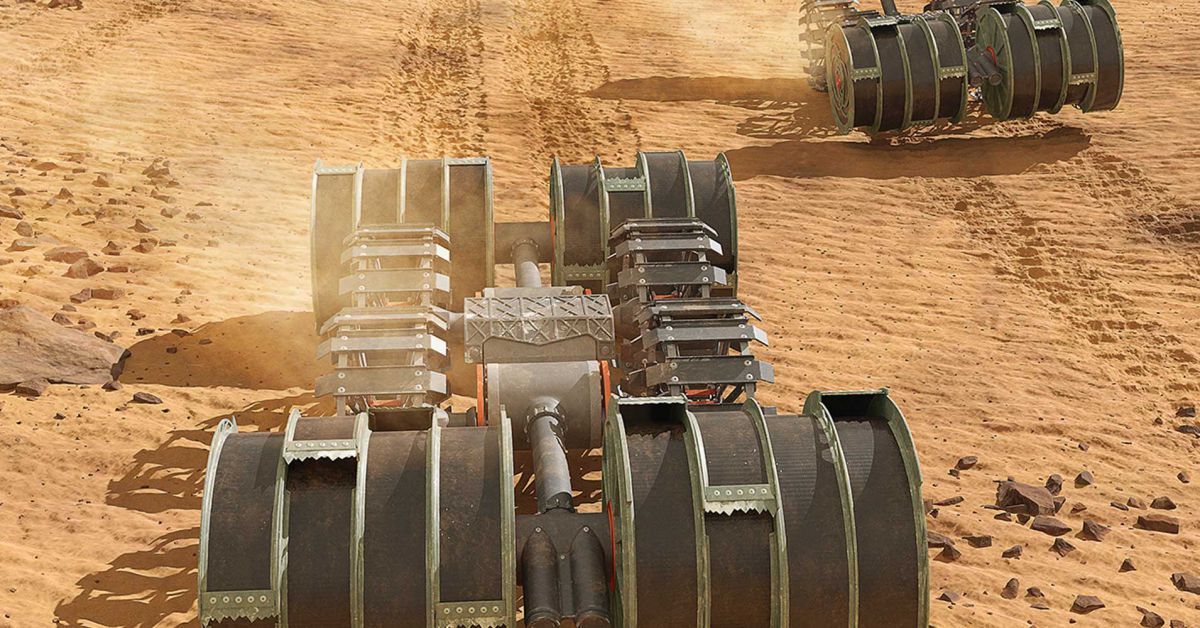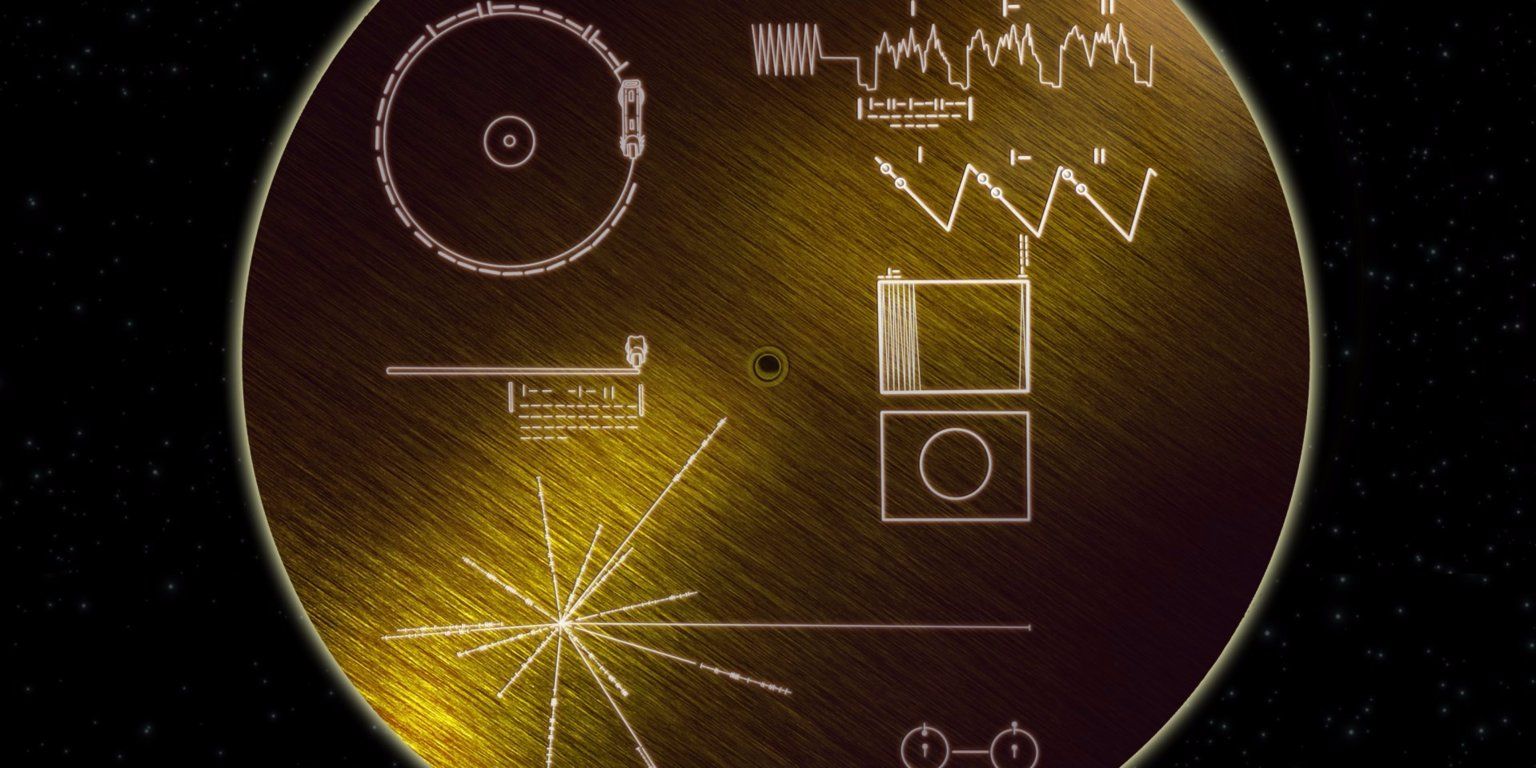Page 9352
Nov 1, 2018
There’s a region over South America where NASA shuts down its satellites
Posted by Michael Lance in category: satellites
It’s called the South Atlantic Anomaly.
The closest radiation belt to Earth roams above South America. It is called the South Atlantic Anomaly and gives off high levels of radiation that has been known to destroy satellites.
Follow Tech Insider:On Facebook
Continue reading “There’s a region over South America where NASA shuts down its satellites” »
Nov 1, 2018
Bioquark Inc. — Eat This, Not That! — Ira Pastor
Posted by Ira S. Pastor in categories: aging, biotech/medical, chemistry, DNA, genetics, health, life extension, neuroscience, science, transhumanism
Tags: aging, anti-aging, bioquantine, bioquark, biotech, diet, health, nutrition, reanima, reanimation, regenerage, regeneration, wellness
Nov 1, 2018
I did a live 15 minute interview on Armenia’s Public TV and the country’s most popular morning show
Posted by Zoltan Istvan in categories: innovation, transhumanism

I did a live 15 minute interview on Armenia’s Public TV and the country’s most popular morning show, sharing information about transhumanism and the FAST Global Innovation Forum I spoke at. Give it a watch here:
Oct 31, 2018
Diwata-2 successfully launched to space, makes first contact
Posted by Michael Lance in categories: energy, satellites
Contact successful!
Diwata-2 was successfully launched to space on October 29, 2018 at 12:08 GMT+08 from the Tanegashima Space Center in Japan via H-IIA F40 rocket. It is one of the small satellites piggybacked with the main payloads IBUKI-2, also known as GOSAT-2 (JAXA’s Second Greenhouse Gases Observing Satellite), and KhalifaSat, a remote sensing Earth observation satellite developed by the Mohammed bin Rashid Space Centre (MBRSC) in the United Arab Emirates. The other small satellites are the Japanese-made Tenkou, PROITERES-2, Stars-AO, and AUTcube-2. Diwata-2 was inserted into the Sun-Synchronous Orbit at an altitude of 621 km, 43 minutes and 20 seconds after rocket lift-off.
On Oct 29, 2018 at 13:52 GMT+08, initial contact was established between Diwata-2 and the Ground Receiving Station (GRS) located at the Department of Science and Technology Advanced Science and Technology Institute (DOST-ASTI). Short telemetry data was received from the satellite on that day. Diwata-2 was initially tracked using pre-launch orbital parameters. As of 12:40 PM yesterday, October 31, 2018, the GRS can now read the satellite’s status, including vital signs such as fully charged batteries, normal power consumption, and good communication link. Commands were successfully sent and initial check procedures will continue throughout the first week from launch. Initial image captures from the cameras can be expected in the coming days.
Continue reading “Diwata-2 successfully launched to space, makes first contact” »
Oct 31, 2018
NASA Scientists Think They Can Extract Rocket Fuel From Martian Soil
Posted by Michael Lance in categories: energy, space
Promising NASA research could make Mars missions far more realistic.
This technology will one day allow humans to live and work on Mars—and return to Earth to tell the story.
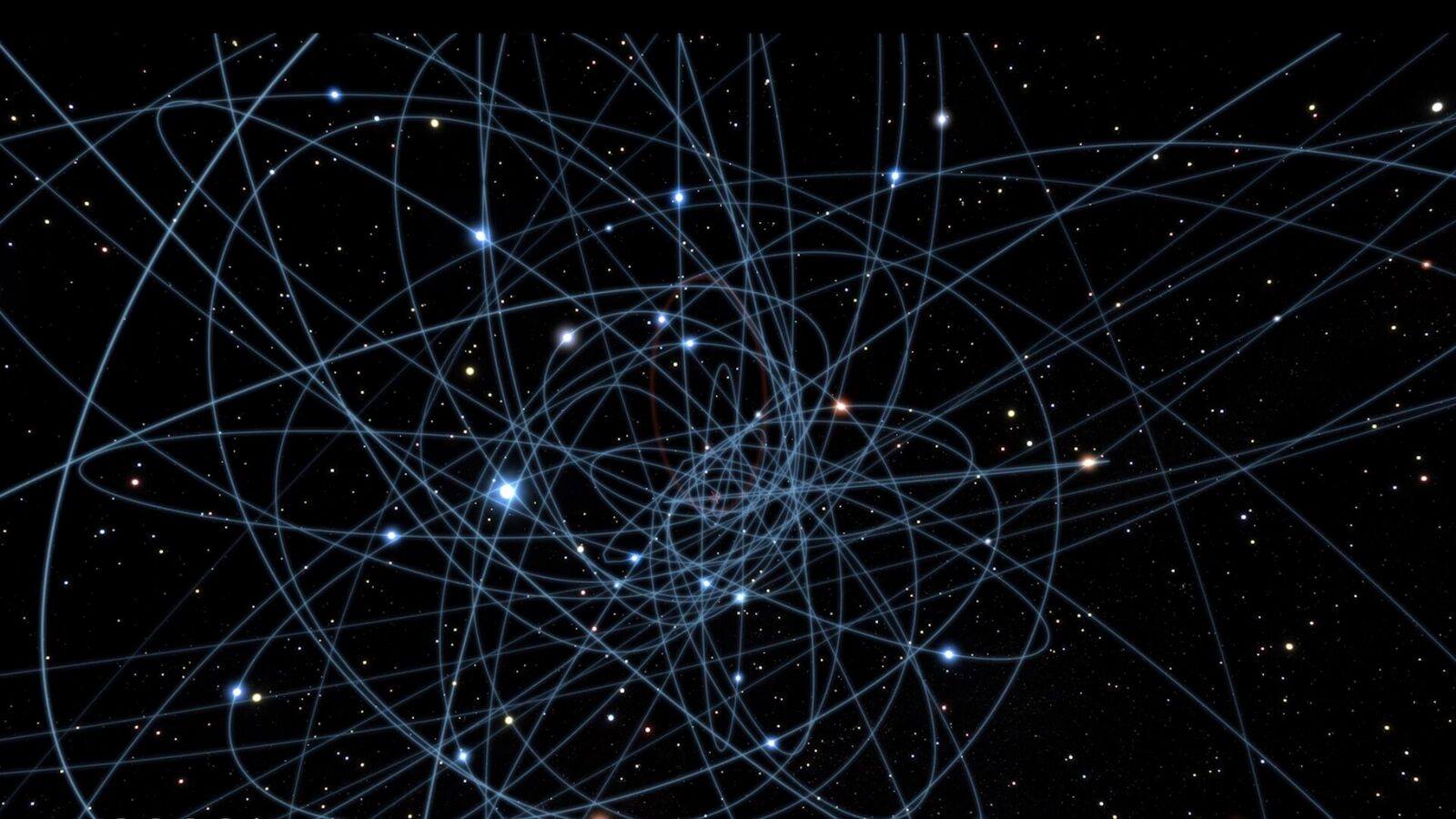
There is a monster at the heart of our Milky Way galaxy that eats stars. If it’s not a black hole, astronomers don’t know what else it could be: https://nyti.ms/2RrvazD
Oct 31, 2018
40 years ago, NASA sent a message to aliens — here’s what it says
Posted by Michael Lance in category: alien life
The message is carried on a golden record.
In September 1977, NASA launched Voyager I from Cape Canaveral, Florida. The craft carried a golden record that contained a message to aliens from the people of Earth. Here’s what it said.
EDITOR’S NOTE: This video was originally posted on February 17, 2016.
Continue reading “40 years ago, NASA sent a message to aliens — here’s what it says” »

